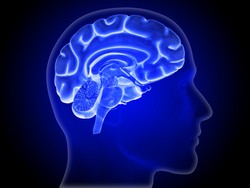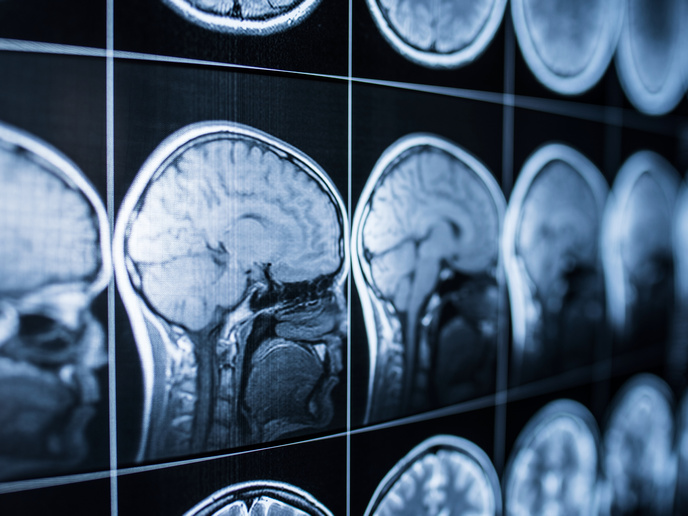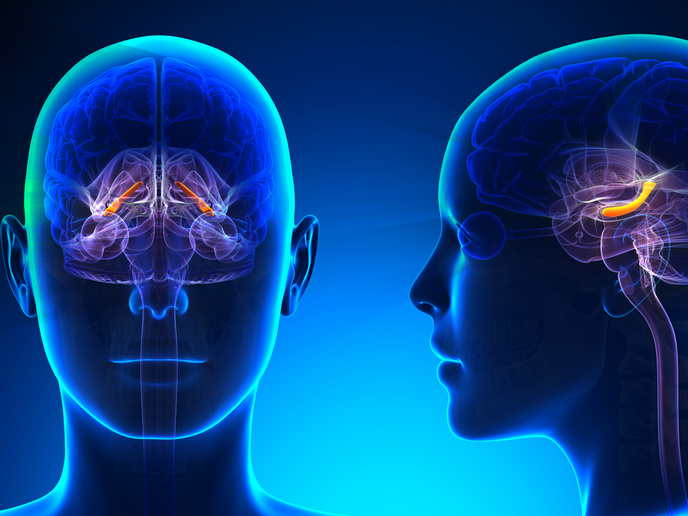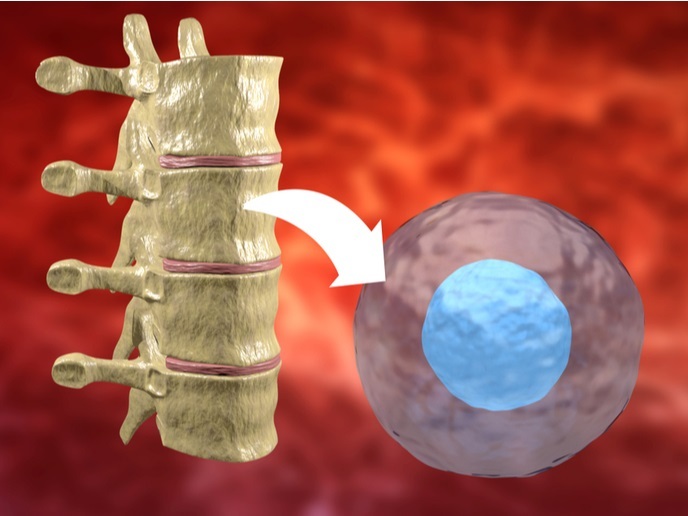Lipid metabolism in Huntington’s disease
Huntington’s disease (HD) is a neurodegenerative disorder caused by a mutation in the huntingtin (Htt) gene that affects both neuronal and non-neuronal cells. Patients present with progressive neurodegeneration leading to motor, cognitive and behavioural disturbances. There are very limited therapeutic options and treatment mainly entails symptomatic management with various agents known to act beneficially. There is an urgent need for novel therapeutic solutions for HD. Scientists on the EU-funded HDLIPIDS2011 (Role of sphingolipids in white matter dysfunction in Huntington's disease) project had previously discovered that ganglioside metabolism is deregulated in HD. They found that high levels of gangliosides, in particular GM1, localised in the myelin sheaths of oligodendrocytes. This affected myelin integrity as well as axon–glia interactions. During HDLIPIDS2011, they wished to verify the putative role and validity of sphingolipid dysfunction in the pathogenesis of HD. Using different models of the disease, they observed altered ganglioside levels in HD and even demonstrated this occurrence at the pre-symptomatic stage of the disease. Altered ganglioside levels were also observed in human peripheral and brain tissues, underscoring the role of sphingolipid metabolism in HD pathogenesis. Moreover, results suggest a potential correlation between ganglioside content and white matter integrity and function, a potential determinant in HD pathogenesis. From a therapeutic perspective, researchers reported a beneficial effect of GM1 administration both in vitro and in vivo. A similar outcome was seen with administration of the sphingomimetic drug, FTY720, which prevented motor deficit and increased ganglioside levels in the brain. The HDLIPIDS2011 study findings have important clinical ramifications and could be easily translated into clinical practice given that FTY720 is undergoing clinical evaluation for the treatment of multiple sclerosis.







